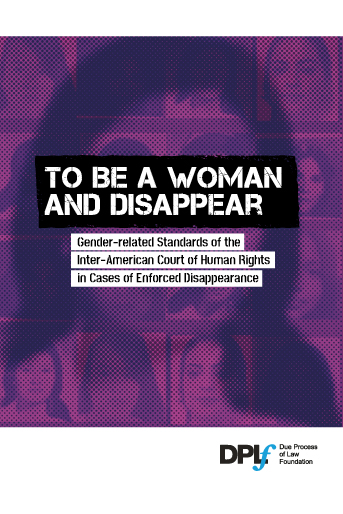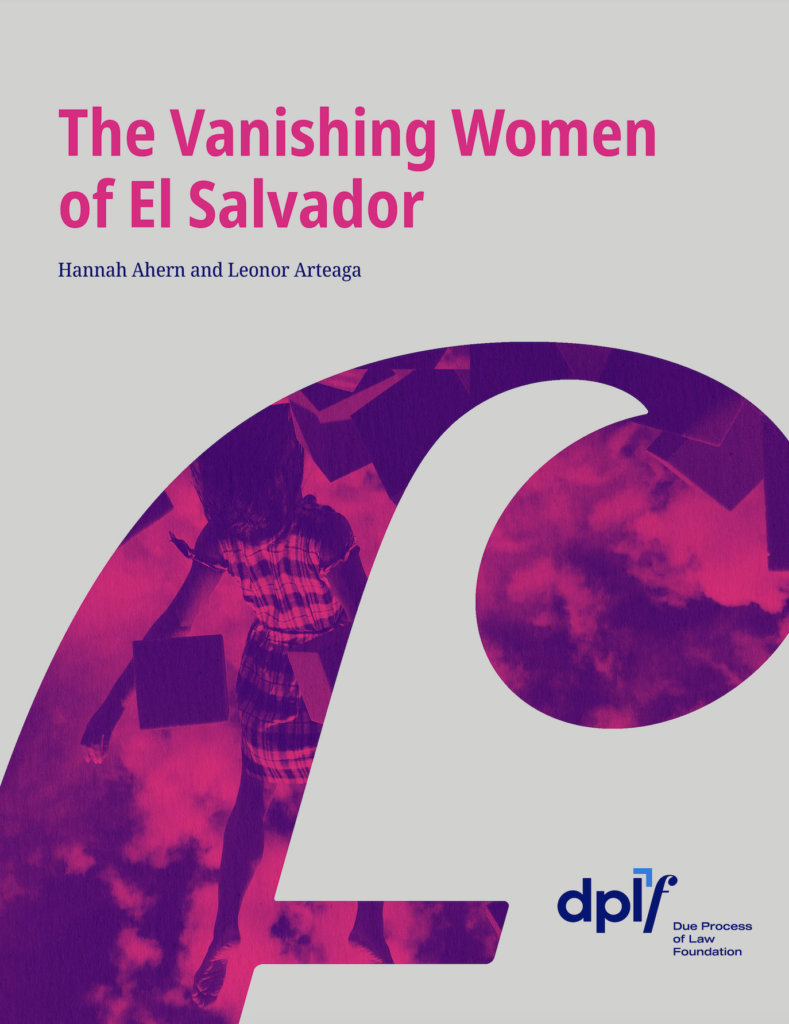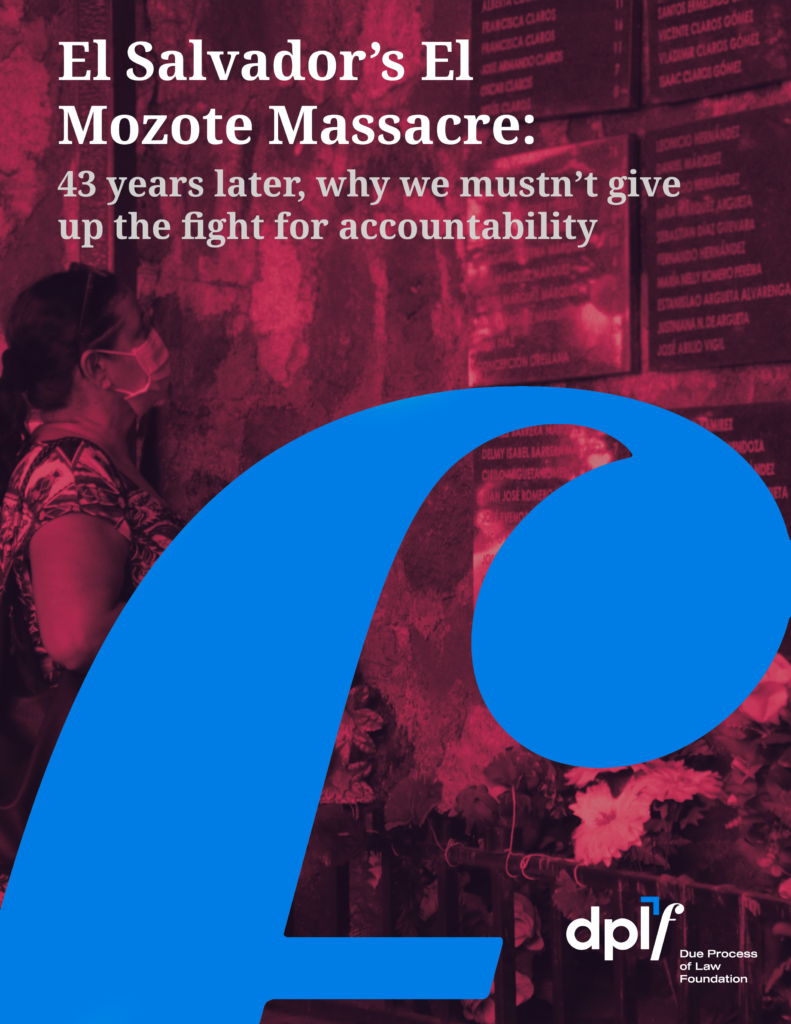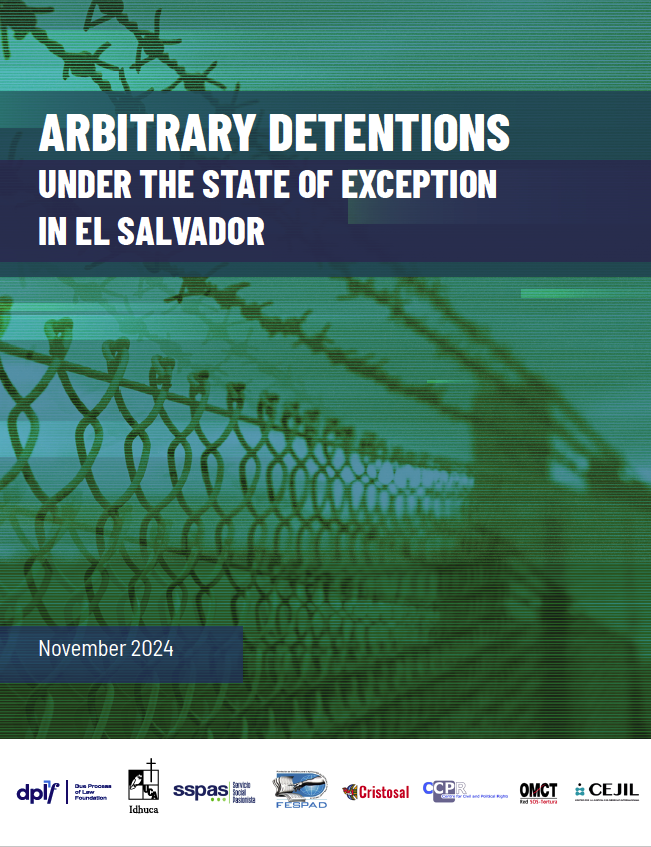The Inter-American Court of Human Rights (IACHR) has heard, since its first judgments, cases in which some or some of the victims of enforced disappearance have been women. Although these decisions in which a gender-differentiated approach has been applied are still rare, the standards produced are undoubtedly a relevant input to guide the activities of States in the face of disappearances.
To contribute to the knowledge, application and advancement of these standards, we present To be a Woman and Disappear, an analysis of the jurisprudence of the IACHR to grant justice in cases of enforced disappearance of women in contexts of gender discrimination, for which the most relevant paragraphs of the contentious cases have been extracted.
The IACHR has been clear in establishing that in order to adequately investigate, prosecute, sentence and redress cases of disappearance of women, it is necessary to take this context into account. It is also important to recognize that any manifestation of gender inequality experienced by women and girls places them at greater risk of being disappeared.
With respect to the search for disappeared persons, it is now recognized that it must be addressed according to the principle of immediate search, so that the actions undertaken must recognize the specific contexts faced by women, such as systemic gender violence. Thus, analyses of disappearances must take into account multiple expressions of violence frequently faced by women in Latin America, including human trafficking and femicide.
With respect to criminal investigation, it should follow lines that take into account violence against women, in order to generate an adequate investigation plan, with a gender-differentiated approach. It is also important to pay attention to the family members of disappearance victims, who are mostly women. In general, women are the ones who lead the process of searching for their loved ones, a role that exposes them to risks of abuse, violence and extortion.




